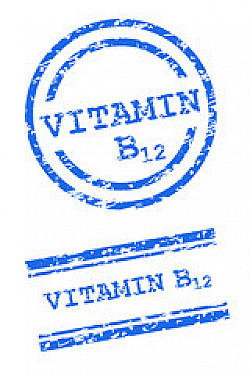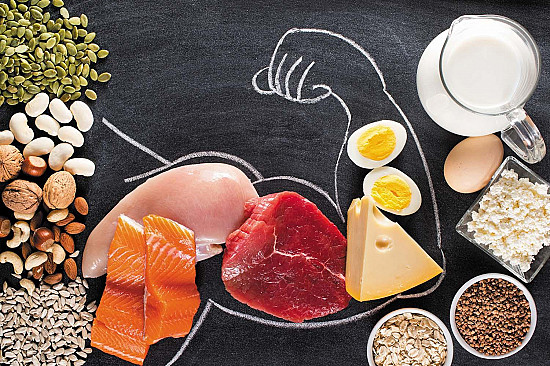Study links a sugar-heavy diet to a higher risk of kidney stones
In the journals
- Reviewed by Howard E. LeWine, MD, Chief Medical Editor, Harvard Health Publishing; Editorial Advisory Board Member, Harvard Health Publishing

Need another reason to cut back on foods with high amounts of added sugar? Doing so may help prevent kidney stones, according to a study published online Aug. 4, 2023, by Frontiers in Nutrition.
In an analysis of 28,303 adults (48% of them men) over 11 years, those who consumed 25% or more of their daily calories from added sugars had an 88% higher risk of developing kidney stones compared with those who kept their added sugar intake to less than 5% of their daily calories.
The possible connection? Other research has shown that sugar increases the amount of calcium in urine, and that excess calcium can increase the risk of stone formation. Also, added sugars can lead to weight gain, which is associated with high blood pressure, insulin resistance, metabolic syndrome, and diabetes — all of which are considered risk factors for kidney stones, according to the researchers.
Added sugar was defined as any sugar introduced in the preparation or processing of foods and drinks, not the natural sugars found in foods such as milk and fruit. Examples of added sugar include brown sugar, white sugar, cane syrup, corn syrup, and molasses.
The most common added-sugar foods are sugar-sweetened beverages like soda and energy drinks. However, it was not clear whether these beverages in particular or any high-sugar processed foods like snack foods, cookies, cakes, and cereal are the main contributors to kidney stone risk.
Image: © manassanant pamai/Getty Images
About the Author

Matthew Solan, Former Executive Editor, Harvard Men's Health Watch
About the Reviewer

Howard E. LeWine, MD, Chief Medical Editor, Harvard Health Publishing; Editorial Advisory Board Member, Harvard Health Publishing
Disclaimer:
As a service to our readers, Harvard Health Publishing provides access to our library of archived content. Please note the date of last review or update on all articles.
No content on this site, regardless of date, should ever be used as a substitute for direct medical advice from your doctor or other qualified clinician.
















